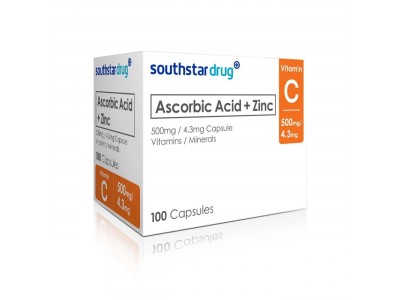Vitamin C, or ascorbic acid, is generally considered safe when consumed in appropriate doses. However, there are some potential side effects to be aware of, especially when taking high doses in supplement form.
One of the most common side effects is gastrointestinal discomfort, which may include symptoms such as diarrhea, stomach cramps, or nausea. This is more likely to occur when taking large doses of vitamin C, typically well above the recommended daily allowance (RDA). If you experience these symptoms, it’s advisable to reduce your dosage or consult with a healthcare provider for guidance. Also you can buy noroxin 400.
In some cases, individuals may be sensitive or allergic to vitamin C supplements. Allergic reactions to vitamin C are relatively rare but can include symptoms such as hives, itching, swelling, and difficulty breathing. If you suspect an allergic reaction, discontinue the use of vitamin C and seek medical attention.
For individuals with certain medical conditions, such as kidney disorders or a history of kidney stones, high-dose vitamin C supplementation can be problematic. Excessive vitamin C intake can increase the risk of kidney stone formation. It’s crucial to consult with a healthcare provider to determine a safe and suitable dosage, particularly if you have kidney-related concerns.
In rare instances, vitamin C may interact with specific medications. For example, if you’re taking aspirin, antacids, or blood thinners, vitamin C could potentially affect their absorption or effectiveness. To minimize any potential interactions, discuss the timing of vitamin C intake with your healthcare provider.
To minimize the risk of side effects, it’s generally recommended to stick to the recommended daily allowance (RDA) for vitamin C or follow your healthcare provider’s guidance. Consuming vitamin C through dietary sources is usually a safe and effective way to meet your nutritional needs, as natural foods provide balanced and controlled amounts of this essential nutrient. However, if you are considering high-dose vitamin C supplementation, it’s essential to consult with your healthcare provider to determine its suitability and avoid potential side effects.

